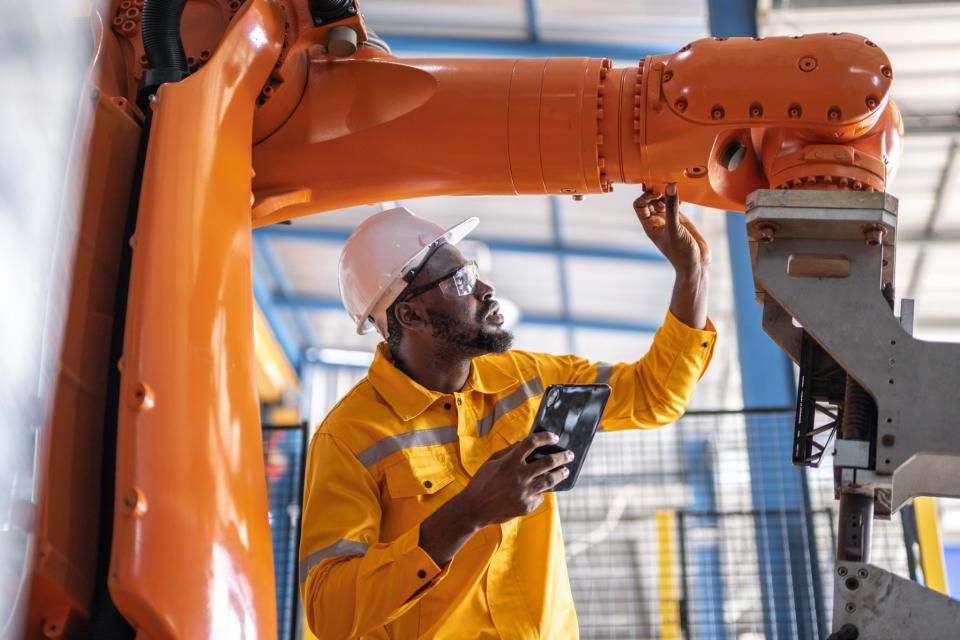A lot of people around the world think that innovation is leaving them behind and it could be bad news for capitalism

Good morning!
By now, business leaders should be well aware of the importance of addressing issues like A.I. aversion in the workplace. What may be less understood is that leaving this aversion unaddressed could create broader social upheaval.
Cynicism around technological changes is mounting, and people who are averse to these changes are also likely to harbor negative beliefs about capitalism, according to public relations and marketing consulting firm Edelman’s 2024 Trust Barometer, based on a survey of more than 32,000 respondents across 28 countries.
Overall, around 39% of global respondents believe that innovation is being poorly managed, compared to 22% of those who believe it is well-managed. Out of those who believe technology innovation is ill-managed, 54% think fast-paced changes in the sector won’t be good for them, and 69% believe society is changing in ways that do not benefit people like them. Another 82% believe that the system is biased in favor of the rich, and 57% believe capitalism as it exists today does more harm than good in the world.
“When you discover that innovation that is poorly managed is actually adding to the populist fire—you have the mass class divide, you have the imbalance between business and government, and government is so low-trusted, you have infodemic and a lack of belief in information—this becomes a further problem, when it should be something hugely positive,” says Richard Edelman, CEO of Edelman.
Pessimism over the rapid evolution of technology is not just limited to certain demographics or global regions. Belief that technology innovation is being mismanaged by institutions outweighed beliefs that it is being well managed across all income, gender, and age demographics. Respondents in 26 out of 28 countries were more likely to believe such changes were being mismanaged, with only Saudi Arabia and Nigeria having a majority positive or neutral response about innovation.
That said, the workplace is still the most trusted institution by respondents, beating out business broadly, government, news media, and NGOs. Around 79% of people trust their employer, compared to 62% who trust business as a whole, and 50% who trust government and the media.
That puts managers and CEOs in the spotlight when it comes to providing guidance and answers in a quickly changing world. Around eight out of 10 respondents said they expect their CEOs to speak publicly about job skills of the future, ethical use of technology, and automation’s impact on jobs. Edelman recommends employers prioritize retraining employees and communicating these changes as simply and clearly as possible. And be prepared for a bumpy ride.
“Don't assume that innovation is going to be warmly embraced. It's not an assumption you can make. There's real skepticism and cynicism, and, deep in [their] cortex, concern about job safety,” he adds.
Paige McGlauflin
paige.mcglauflin@fortune.com
@paidion
This story was originally featured on Fortune.com

 Yahoo Finance
Yahoo Finance 